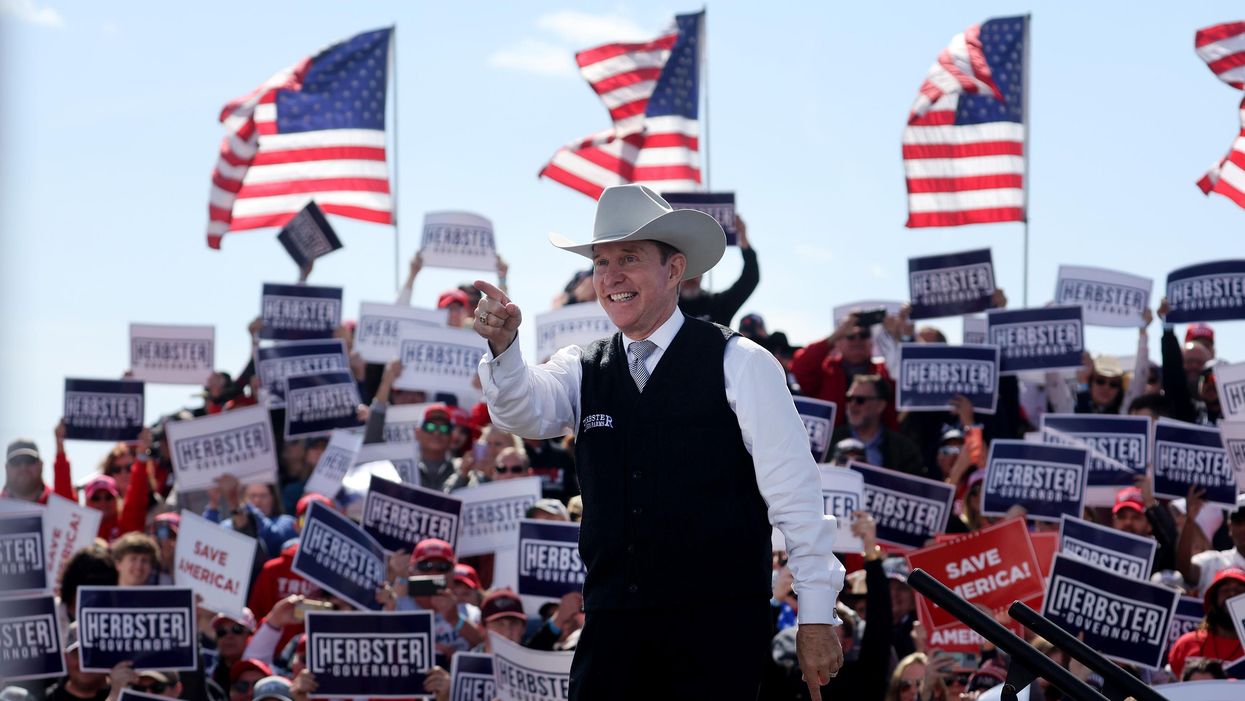The 2022 primaries are heating up, with voters in two states casting ballots tomorrow to select nominees for Congress as well as state and local offices.
The most prominent races in Nebraska are a pair of GOP nominating contests, for governor and the House seat vacated by a lawmaker forced to resign after being convicted for lying to authorities about illegal campaign contributions. And in West Virginia, two Republican incumbents are facing off after the state lost a U.S. House seat following the 2020 census. West Virginia allows unaffiliated voters to participate in the primary. Legislative elections in Nebraska are nonpartisan, with the top two finishers advancing to the general election.
Since 2019, following the outbreak of the Covid-19 pandemic and amid partisan fighting over administration of the 2020 presidential election, many states have been making changes to their election systems. In some cases, legislatures made it easier to vote whereas others tightened the rules. So with key races on the ballot, let’s review the changes made in the Cornhusker and Mountain states, both of which are controlled by Republicans.
Nebraska
While the state has made a number of minor changes in recent years, the biggest alteration occurred in two bills.
First, in 2020, Nebraska enacted a bill that sets new rules for pollwatchers, allows hand-delivery of ballots to the county clerk and requires at least one 24-hour drop box to be placed in each county at least 10 days before an election and limits the sharing of voter lists received through public records requests.
And in April 2022, the governor signed a wide-ranging election reform bill. Its provisions include:
- Allowing emergency responders to request absentee ballots when serving outside their country of residence.
- Making it easier for National Guard members to apply for a mail-in ballot.
- Setting new security standards for ballot drop boxes, requiring the boxes to be accessible until the deadline for returning ballots, and sets electioneering boundaries around drop boxes.
- Banning the use of private funds for election administration.
- Banning foreign nationals from funding ballot initiatives.
- Alternatives for providing signatures for voters with disabilities to provide.
West Virginia
For the past four years, lawmakers have been making changes that make it easier for people to vote, although some recent actions tighten the rules.
In 2019, the state made it easier for people with disabilities, illnesses or injuries to vote by absentee ballot. The following year, with the country facing the height of the pandemic, lawmakers allowed anyone to vote by mail although that permission did not extend beyond the 2020 election.
Last year, military and overseas voters as well as people with disabilities were granted additional options for returning their ballots.
The state enacted a number of election-related bills in 2022.
- First responders assigned outside their home counties may vote by electronic absentee ballot.
- Local officials have more flexibility in hiring election workers.
- Election officials may not accept private funding.
- The list of election crimes includes newly defined misdemeanors and felonies.




















Marco Rubio is the only adult left in the room